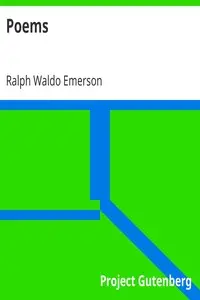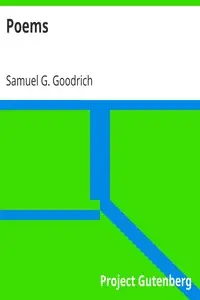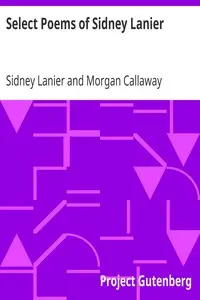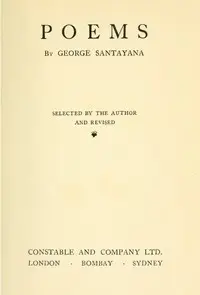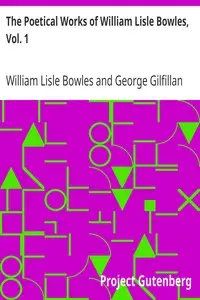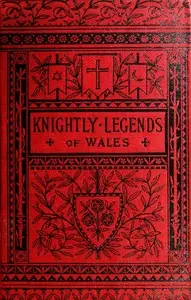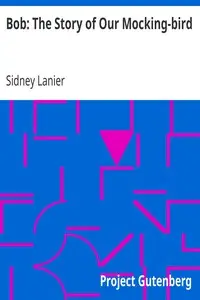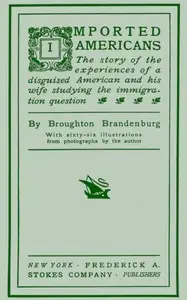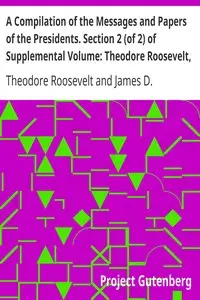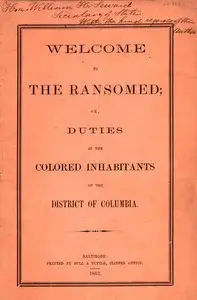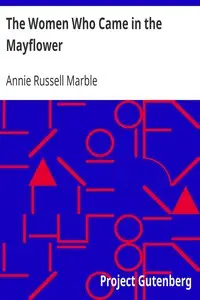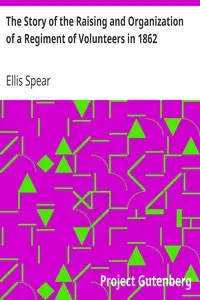"Poem Outlines" by Sidney Lanier is a book of incomplete poems and ideas from the 1800s. It explores the concept of art that isn't finished, showing Lanier's thoughts about nature, people, and how art is made. The book gives readers a look into Lanier's thoughts as he tries out different ideas that didn't become full poems. The pieces in "Poem Outlines" are made up of different kinds of poem ideas, thoughts, and notes taken when Lanier felt inspired; they switch from thinking deeply about life and God to bright pictures of nature, showing Lanier's love for the outdoors; and the outlines let the reader imagine his ideas about the links between people, art, and nature, as well as the problems artists face when capturing quick moments of beauty and meaning. These fragments provide an understanding of how poems are created and the hard parts of being an artist.
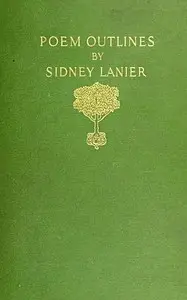
Poem Outlines
By Sidney Lanier
Unfinished verses offer a rare peek into an artist's mind as they grapple with nature, humanity, and the elusive spark of creation.
Summary
About the AuthorSidney Clopton Lanier was an American musician, poet and author. He served in the Confederate States Army as a private, worked on a blockade-running ship for which he was imprisoned, taught, worked at a hotel where he gave musical performances, was a church organist, and worked as a lawyer. As a poet he sometimes used dialects. Many of his poems are written in heightened, but often archaic, American English. He became a flautist and sold poems to publications. He eventually became a professor of literature at Johns Hopkins University in Baltimore, and is known for his adaptation of musical meter to poetry. Many schools, other structures and two lakes are named for him, and he became hailed in the South as the "poet of the Confederacy". A 1972 US postage stamp honored him as an "American poet".
Sidney Clopton Lanier was an American musician, poet and author. He served in the Confederate States Army as a private, worked on a blockade-running ship for which he was imprisoned, taught, worked at a hotel where he gave musical performances, was a church organist, and worked as a lawyer. As a poet he sometimes used dialects. Many of his poems are written in heightened, but often archaic, American English. He became a flautist and sold poems to publications. He eventually became a professor of literature at Johns Hopkins University in Baltimore, and is known for his adaptation of musical meter to poetry. Many schools, other structures and two lakes are named for him, and he became hailed in the South as the "poet of the Confederacy". A 1972 US postage stamp honored him as an "American poet".


